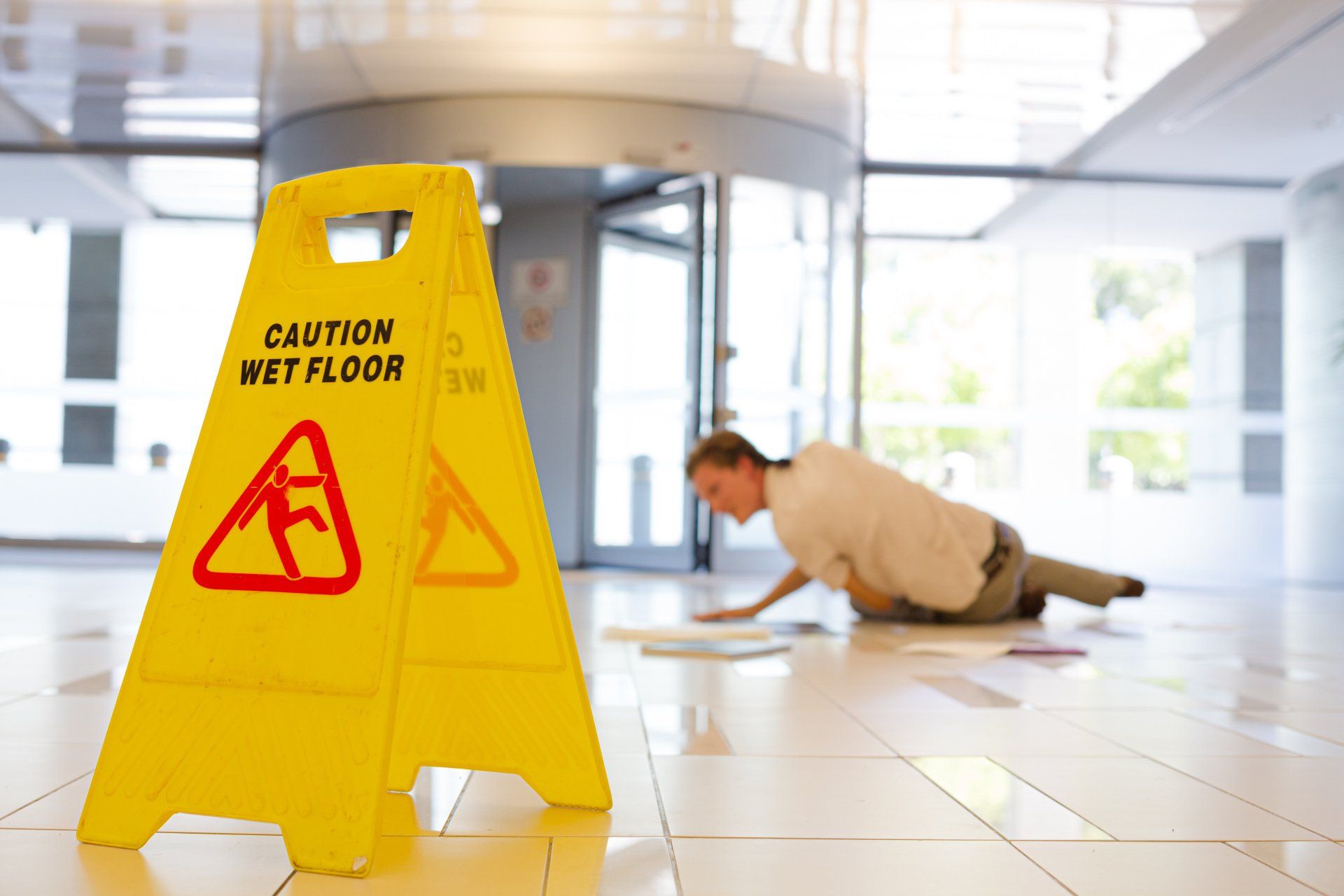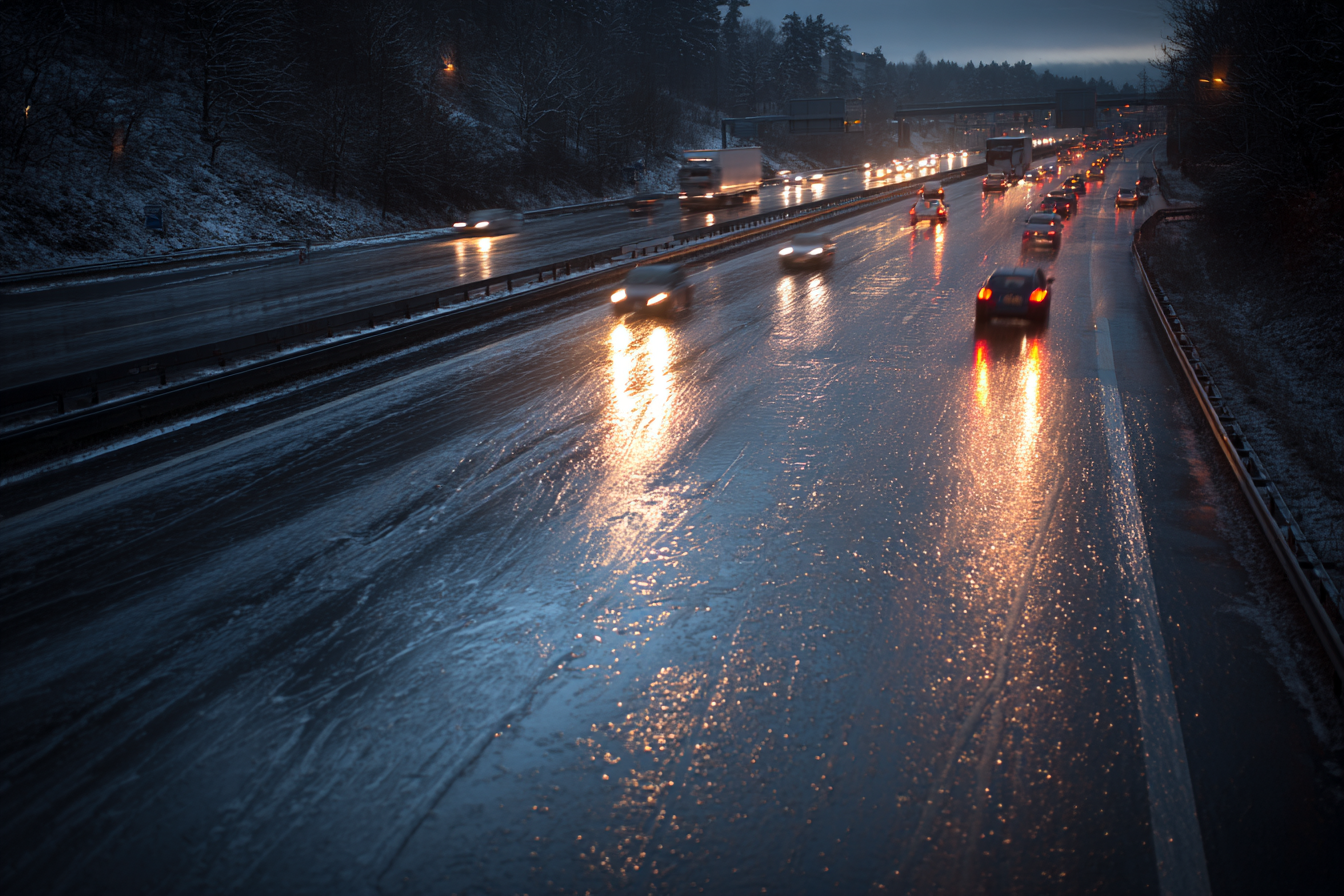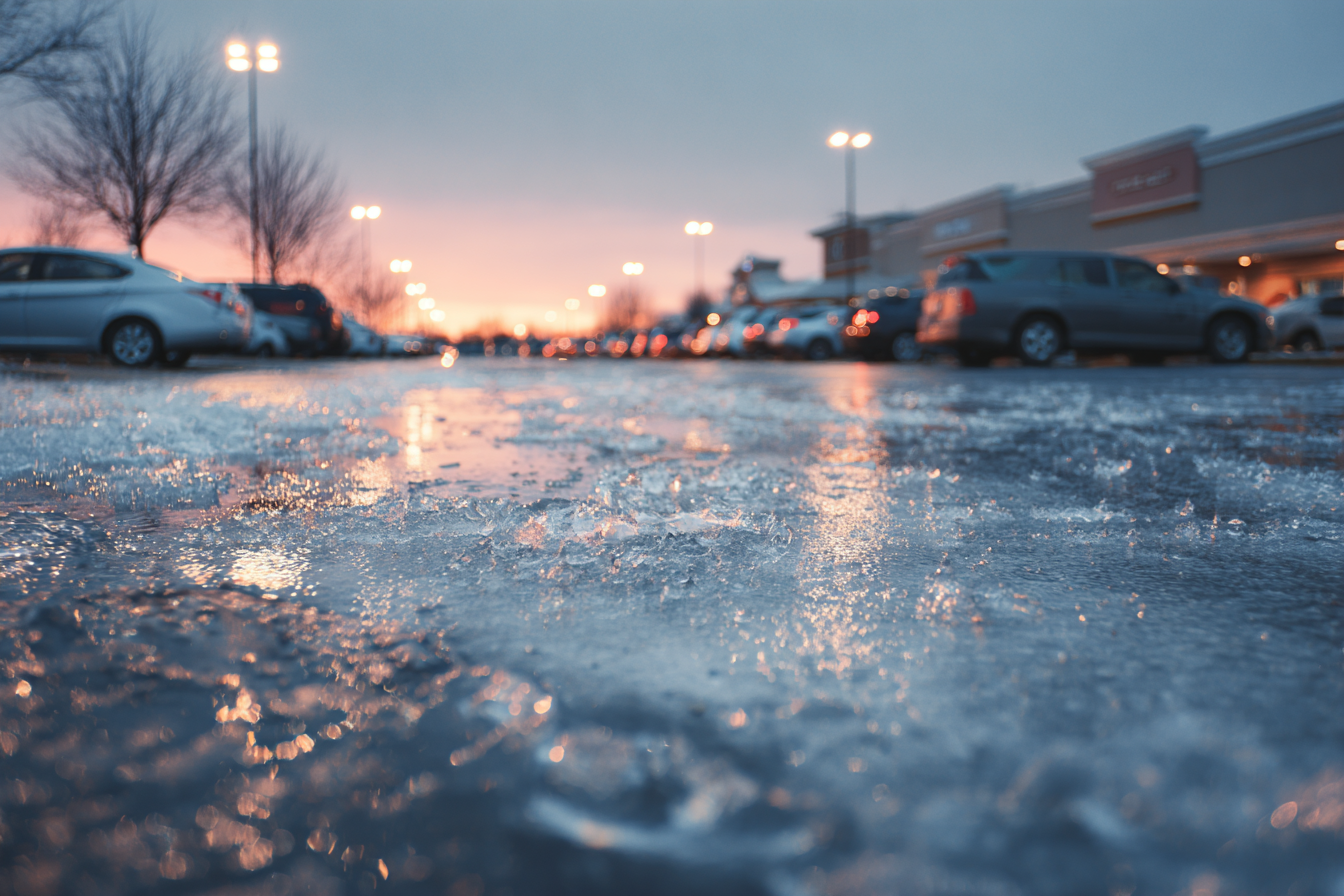Understanding Premises Liability: What Property Owners Need to Know
As a property owner, whether you own a home, a business, or rental property, it's essential to have a clear understanding of premises liability law. Premises liability is a legal principle that holds property owners responsible for injuries that occur on their property due to hazardous conditions or negligence. While property ownership comes with various rights, it also carries legal responsibilities to maintain a safe environment for those who visit your property. In this informative article, we will delve into the basics of premises liability law, highlighting property owners' responsibilities and potential legal obligations.
What is Premises Liability?
Premises liability is a legal concept that pertains to a property owner's responsibility for injuries and accidents that occur on their property. This principle is grounded in the idea that property owners have a duty of care to ensure that their premises are safe for anyone who enters the property, whether they are guests, customers, or even trespassers in certain situations.
Types of Visitors and Their Legal Status
In premises liability cases, visitors are generally categorized into three groups, each with varying degrees of legal protection:
- Invitees: Invitees are individuals who are explicitly invited onto the property, often for business purposes. Property owners owe the highest duty of care to invitees. Examples include customers in a retail store or a repair technician.
- Licensees: Licensees are individuals who have the property owner's permission to enter but do so for their benefit, not the property owner's. Property owners must warn licensees of any known hazards. An example might be a social guest at your home.
- Trespassers: Trespassers enter the property without permission. While property owners generally owe a lower duty of care to trespassers, they still must refrain from causing intentional harm or setting up booby traps.
Common Hazardous Conditions

Property owners are responsible for addressing and rectifying hazardous conditions on their property that can potentially harm visitors. Common hazardous conditions include:
- Slippery Surfaces: Wet floors, icy sidewalks, or spilled liquids can lead to slip-and-fall accidents.
- Uneven Walkways: Cracked sidewalks, potholes, or poorly maintained pathways can pose trip hazards.
- Inadequate Lighting: Poorly lit areas can increase the risk of accidents, especially at night.
- Dangerous Stairs and Railings: Stairs that are in disrepair or missing handrails can lead to falls.
- Negligent Security: Failing to provide adequate security measures can result in criminal acts, such as assaults or thefts, on the property.
Property Owners' Responsibilities
Property owners have several responsibilities to fulfill in order to reduce the risk of accidents and potential legal liability. First, regular inspections should be conducted to promptly identify and address potential hazards. This includes addressing issues like broken stairs, plumbing leaks, and ensuring proper lighting. Second, any hazardous conditions identified during inspections should be repaired promptly. Additionally, property owners must provide warning signs, such as signage or barriers, for known hazards like wet floors or construction zones. Lastly, in cases where security is a concern, property owners should take measures to deter criminal activities, such as installing adequate lighting, security cameras, or hiring security personnel. By fulfilling these responsibilities, property owners can create a safer environment for all.
When Can Property Owners Be Held Liable?
Property owners can be held liable for injuries that occur on their property under the following circumstances:
- Negligence: If a property owner fails to fulfill their duty of care by not maintaining the property or addressing hazardous conditions, and an injury results from that negligence, they can be held liable.
- Failure to Warn: Property owners must warn visitors of any known hazards that are not obvious. If they fail to do so, they may be liable for injuries that occur as a result.
- Attractive Nuisance: Property owners can be held liable for injuries to children who are attracted to a dangerous condition on the property, such as a swimming pool, if they failed to secure it properly.
Defenses for Property Owners

Property owners have various defenses at their disposal to help mitigate their liability. One such defense is the lack of knowledge. If the property owner can demonstrate that they were unaware of the hazardous condition and had no reason to be aware of it, they may not be held liable.
Another defense is comparative negligence, which comes into play when the injured party's own negligence contributed to the accident. In such cases, the property owner's liability may be reduced or even eliminated.
Lastly, there is the defense of assumption of risk. If the visitor voluntarily assumed the risk of injury and proceeded despite being aware of the hazard, the property owner may not be held liable. These defenses allow property owners to protect themselves and limit their liability in certain situations.
Insurance and Legal Protection
To protect themselves against potential liability, property owners often carry liability insurance. Homeowners, business owners, and landlords typically have insurance policies that can provide coverage in the event of premises liability claims. Legal protection is also crucial, and property owners should consult with an attorney experienced in premises liability cases to understand their rights and responsibilities fully.
Understanding premises liability law is crucial for property owners to fulfill their legal obligations and protect themselves from potential legal disputes. By maintaining a safe environment, conducting regular inspections, and addressing hazardous conditions promptly, property owners can reduce the risk of accidents and injuries on their premises. If faced with a premises liability claim, seeking legal counsel is essential to navigate the complex legal landscape and ensure their rights are protected. Ultimately, proactive safety measures and responsible property management are the cornerstones of successful premises ownership and liability management.
At Walker Injury Law, we are experienced in dealing with premise liability cases in Connecticut. Contact us today to schedule a free legal consultation.
Contact Walker Injury Law
Call
(860) 789-1000
Injured? Contact our team today to schedule a free case consultation.
Walker Injury Law Personal Injury Attorney Practice Areas
Share Article
Recent Articles



